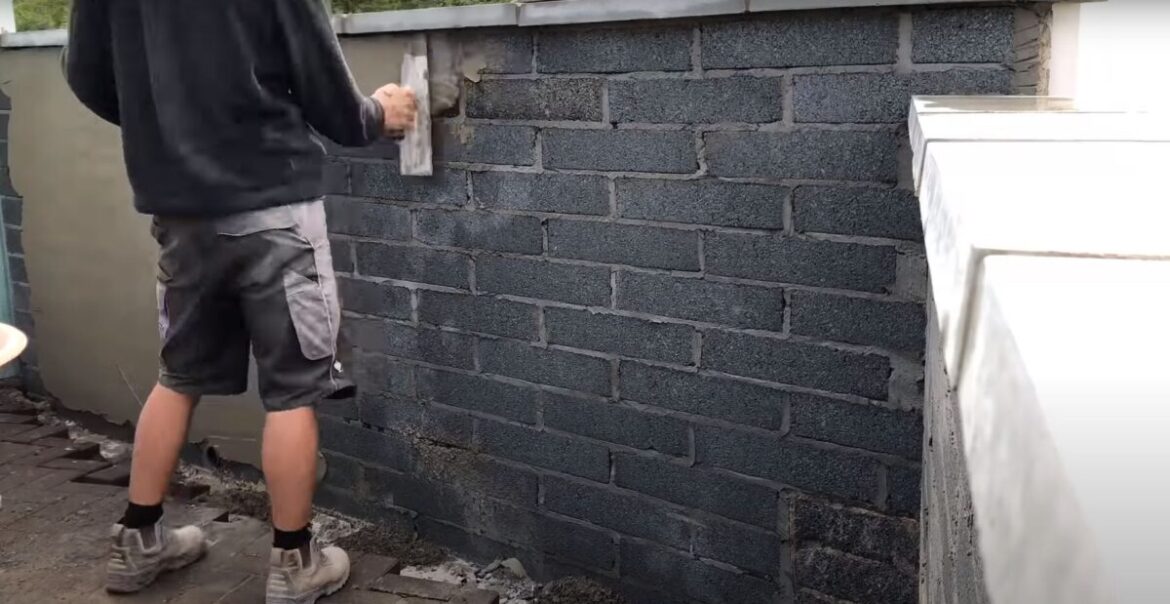Can I use plaster outside in Auckland? Insights into Exterior Plastering
Grasping the Basics of Exterior Plastering
In the world of home renovations, exterior plastering sits front and centre for Aucklanders wanting a polished and refined look for their homes. It’s not just about plastering walls but ensuring that the material chosen can withstand Auckland’s unique climate. Here, the debate often hovers around – Can one truly rely on plaster for external surfaces?
Auckland’s Unique Climatic Challenge
Auckland, with its variable weather, can be tricky when considering exterior finishes. From the humid summers of Takapuna to the rainy winters of Mangere, each suburb offers a distinct environmental challenge. These variations call for precision in choosing materials, especially when plastering outside.
Solid Plastering: The Gold Standard in Auckland
In areas like Epsom and Remuera, one can see a distinct inclination towards solid plastering. This technique, favoured by many Auckland plasterers, involves applying a solid layer of plaster to ensure durability and resilience. The process, although labour-intensive, provides a rich texture and finish, often seen in upscale Auckland properties.
Council Bylaws and their Impact on Exterior Choices
Taking a step beyond personal preferences, Auckland council bylaws can also influence the plastering choices homeowners make:
- Within the Waitākere Ranges Local Board jurisdiction, there are specifications regarding exterior finishes to ensure they blend well with the natural surroundings.
- The Devonport-Takapuna area mandates the use of certain plastering materials to retain the historical essence of the region.
- Manurewa district’s guidelines stress on the eco-friendliness of the materials used for any exterior work, including plastering.
Keeping abreast of these regulations is essential to avoid potential hiccups in your renovation journey.
Choosing the Right Exterior Plasterers Auckland
It’s one thing to decide on using plaster outdoors; it’s another to ensure it’s applied perfectly. Engaging professional Auckland exterior plasterers is crucial. Their expertise in solid plastering, coupled with their knowledge of Auckland’s diverse suburbs, can make the difference between a job well done and a potential disaster.
The Nuances of Tools and Materials in Auckland
The landscape of Auckland demands versatility. The tools and equipment used in Northcote might differ from those preferred in Otahuhu. Factors influencing these choices include:
- Type of surface: Raw brick, wood, or previously plastered surfaces.
- Desired finish: Rough, smooth, or textured.
- Local climate: Coastal areas may need added resistance to salt and moisture.
Key Takeaways:
- Auckland’s diverse weather conditions require careful consideration when plastering outside.
- Solid plastering, favoured by many Auckland solid plasterers, offers durability and a premium finish.
- Local council regulations play a significant role in exterior plastering choices.
- Engaging skilled exterior plasterers in Auckland is vital for a successful plastering project.
- Tools and materials vary based on the suburb and specific needs of the project.
The Cost Implications of Exterior Plastering Auckland
Every homeowner needs to juggle desires with budget constraints. While exterior plastering Auckland does involve an investment, the longevity and aesthetics it brings can be well worth the price. However, costs can vary based on the complexity of the job, the materials chosen, and the specific rates of local Auckland plasterers.
FAQs on Exterior Plastering in Auckland:
- Is it advisable to use plaster outside in Auckland?
Yes, with the right materials and expertise, plaster can be effectively used outdoors in Auckland. - What’s solid plastering?
It’s a technique where a solid layer of plaster is applied to surfaces for enhanced durability and texture. - Do I need to consider local council regulations before plastering outside?
Absolutely. Different Auckland suburbs have specific bylaws regarding exterior finishes, and it’s essential to be compliant. - Can I DIY exterior plastering?
While some might be tempted, given Auckland’s unique challenges and the expertise required, it’s recommended to hire professional plasterers.
Exterior plastering, while challenging in Auckland’s diverse environment, offers immense aesthetic and functional benefits. However, the pivotal point remains in the selection of the right plastering materials and, more importantly, the right professional to get the job done. Whether you’re in Parnell or Papakura, a touch of expert plastering can elevate your home’s appeal greatly.
So yes, plaster can be used outside in Auckland. It is important to consider certain factors and take appropriate measures to ensure its suitability and durability in outdoor applications.
Key considerations for Exterior Plastering:
- Weather Resistance:
Auckland experiences a moderate climate with varying weather conditions, including rainfall and temperature fluctuations. It is crucial to choose a plaster system that is specifically designed and suitable for exterior use. Exterior plastering systems typically have enhanced weather resistance properties to withstand moisture, UV radiation, and other environmental factors.
- Substrate Preparation: Proper preparation of the underlying substrate is essential for successful exterior plastering. The substrate should be clean, dry, and structurally sound. Any existing coatings, loose materials, or contaminants should be removed, and the surface should be appropriately primed or sealed to ensure good adhesion of the plaster.
- Moisture Management: Adequate moisture management is crucial for exterior plastering. Waterproofing measures, such as the use of suitable membranes, flashings, and sealants, should be implemented at vulnerable areas like windows, doors, and junctions. Proper drainage systems should also be in place to prevent water accumulation behind the plaster layer.
- Ventilation: Ventilation is important to allow moisture to escape from behind the plaster and prevent the buildup of moisture that can lead to problems such as mold growth or deterioration. Ventilation details, such as weep holes or breathable membranes, should be incorporated into the plaster system as needed.
- Maintenance: Regular maintenance is essential for the longevity of exterior plaster. Periodic inspections should be conducted to identify any cracks, damages, or areas that require repair. Prompt repairs should be carried out to prevent water ingress and further deterioration.
It is advisable to consult with our professional plasterers who are experienced in exterior plastering in Auckland. They can provide guidance on suitable plaster systems, application techniques, and the necessary measures to ensure the longevity and performance of the plaster in the outdoor environment. Speak to the team at Your Plasterers Auckland today!

